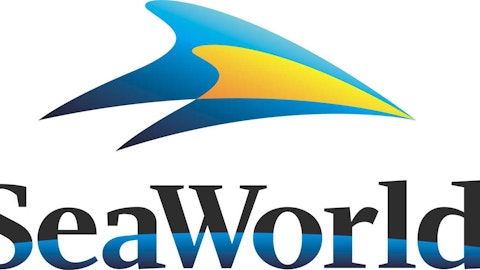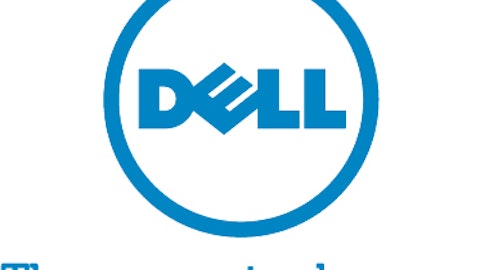Update: Per Aeropostale’s PR, they have agreed to sign the “We The Cotton Campaign” that states a firm opposition to the use of forced labor in Uzbekistan.
Investing ethically has always been a dilemma for many people. Yet strong top and bottom-line growth has often been fueled by the globalization and domination of countries with cheaper labor. However, there is a difference between fair trade that utilizes opportunistic outsourcing and blatant human rights abuses. One hotbed of controversy is Uzbekistan, the former Soviet state that has been harshly criticized for its cotton industry.
Cotton at a human cost
Every fall, over one million citizens, including children as young as nine and workers from the private sector, are required to work up to 12 hours daily in the country’s cotton fields, according to Human Rights Watch, a non-governmental organization. The workers are expected to work for free or very little pay, facing high fines and possible arrest if they refuse to comply. Opponents claim that this state-sponsored, communist cotton industry is a form of modern slavery. Proponents believe that Uzbekistan, a double-landlocked nation, needs this strong support of its cotton export industry to survive. Uzbekistan is currently the world’s fifth largest exporter of cotton, trailing only the United States, India, Australia and Brazil.
As a result, the use of Uzbek cotton by major Western apparel retailers, such as Aeropostale, Inc. (NYSE:ARO) and Urban Outfitters, Inc. (NASDAQ:URBN), has been harshly criticized by supporters of ethical sourcing and fair trade. However, retailers who have been accused of using Uzbek cotton claim that Uzbek cotton is hard to identify and separate from the supply chain, since it is often traded through other markets, such as China and Bangladesh. In addition, many companies’ bottom lines would crumble if they realigned their entire supply chain with more acceptable and expensive sources of cotton.
Therefore, should companies comply with the demands to boycott Uzbek cotton, or should their shareholders simply accept this partnership as an inevitable phase of globalism?
The teens and the hipsters
For investors following Aeropostale, Inc. (NYSE:ARO), the company’s insistence on using lower-cost cotton shouldn’t be surprising. The struggling teen apparel retailer reported a 14% decline in same-store sales last quarter. This contributed to a steep 9% year-on-year decline in revenue. It also reported a net loss of $0.16 per share, down from a profit of $0.13 per share in the prior year quarter. It reported a meager profit margin of 0.52%, which means that any further expenses could simply sink the company. In addition, the company has gotten into a habit of using margin crushing markdowns to generate sales volume, which it also lacks. Therefore, the company has skirted around the issue of Uzbek cotton since it simply doesn’t have the wiggle room to relocate its supply chain.
Urban Outfitters, Inc. (NASDAQ:URBN), on the other hand, has been doing much better than Aeropostale, Inc. (NYSE:ARO) financially. Even though same-store sales came in flat last quarter, the company’s earnings rose 38.6% while its revenue grew 13.9%. It also enjoys a much higher profit margin of 8.7%. The company caters to a younger, hipper crowd with its namesake brand, which produces apparel branded with humorous, ironic and retro graphics. Meanwhile, its fastest growing brand, Free People, is focused on a younger female demographic.
Therein lies the hidden threat to Urban Outfitters, which has seen its shares rise more than 50% over the past twelve months – its core audience.

The lessons of the past
Urban Outfitters, Inc. (NASDAQ:URBN) notably caters to a young, wired and very socially connected demographic, a strength the company played on with the development of its new smartphone app, which features enhanced social sharing capabilities.
Therefore, Urban Outfitters would be wise to remember the trials and tribulations of The Gap Inc. (NYSE:GPS), which was severely tarnished by child labor allegations over much of the prior decade. Gap suffered a PR nightmare when human rights groups plastered college campuses with posters of its weary overseas factory workers clad in its retail garments.





